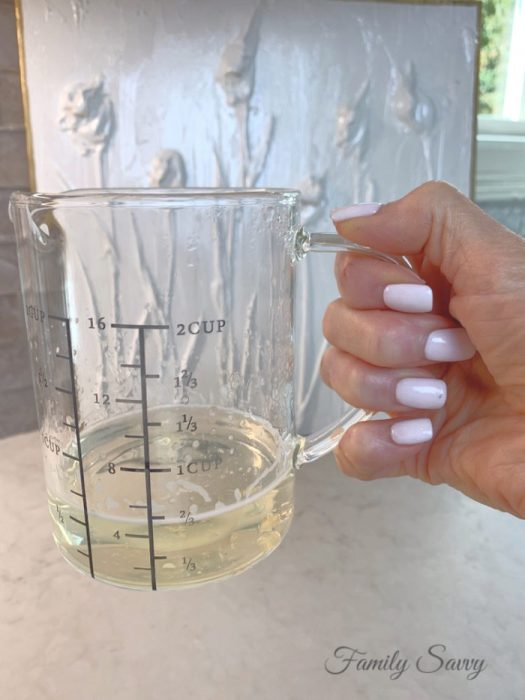Mouth Ulcers: Causes and Treatments

Dr. Jo Herzog discusses mouth ulcers~their causes and treatment~in answer to the following question from a Family Savvy reader:
Question: Dr. Herzog, of my three children, one gets mouth ulcers frequently, while the others never do. What causes mouth ulcers, and how can I treat them?
Oral ulcers (apthous ulcers, canker sores) are a common problem, affecting roughly one in five people at some time in their lives. These sores seem to be most common in the teenage years but can occur at any time. There are several reasons that people get oral ulcers, and unless they recur frequently or are severe, most can be managed safely at home.
Apthous ulcers can be caused by trauma to the mouth (sharp food, a jab of a toothbrush, etc…). Other possible triggers are stress, small bites inside the mouth, and in some women, changes which take place during the menstrual cycle. Less common causes are vitamin deficiencies and systemic illness.

For known causes, preventive measures can be taken to prevent recurrence (e.g. avoiding certain foods, using a soft blunt toothbrush, taking vitamins, changing oral contraceptives). When we cannot prevent ulcers, we need to treat them.
Pain is the main reason for seeking treatment for these ulcers. The mouth is a very sensitive area, and the process of eating and passing food through the mouth causes frequent irritation that can be quite painful and frustrating.
Ulcer treatments target quicker healing as well as pain relief. Pain can be relieved by using a mixture of Benedryl in Kaopectate (both in liquid forms, Colgate Orabase, or a prescription form of lidocaine). Other healing mixtures can be made with prescription medications if needed.
Topical steriods seem to relieve pain also, as they decrease inflammation and do seem to promote healing. Steroids are still doctors’ main weapon when treating this condition. There are some that are designed for oral use (Kenalog in Orabase), and there are others that we use even though they are designed for “external use only.” Topical antibiotics also help heal these ulcers more quickly. Tetracycline and doxycycline are used most often but need to be used cautiously, if at all, in small children.
When ulcers are severe, treatments will vary. Severe ulcers can be treated with various systemic therapies that can be prescribed by your doctor, who might also feel the need to screen you for any possible causes such as iron deficiency, vitamin deficiency or related illnesses. A sudden outbreak of severe ulcers, especially in a child, can be a herpetic infection, so these should be seen by the dermatologist or the pediatrician.
Most apthous ulcers are little more than an irritating inconvenience, but some certainly can be very uncomfortable. The key to dealing with the occasional ulcer is relieving the pain with over-the-counter medication. If this fails, or you have large or frequent ulcers, see your doctor.





